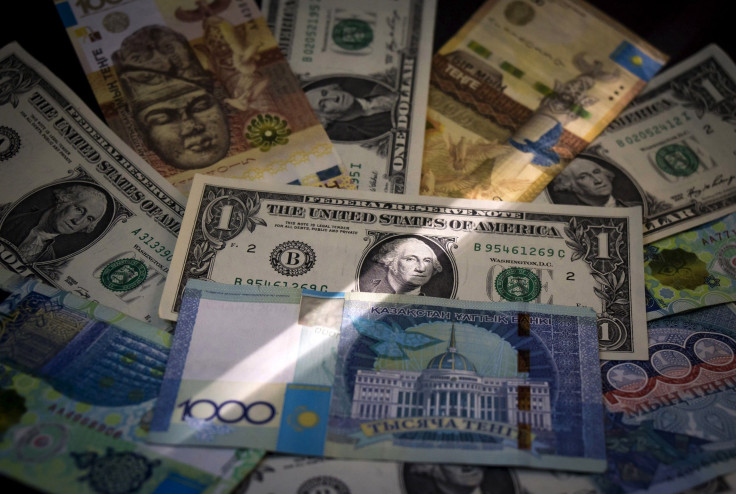ADB approves $1B loan to help bring Kazakhstan’s economy back on track

On Friday, the Asian Development Bank in Manila, Philippines, declared that it has approved an amount of AU$1 billion for Kazakhstan to help it deal with its economic challenges. The situation is so adverse that the decreased oil prices have led the country to devaluate its currency, the tenge.
The currency fell by 23 percent on Thursday, leading it to scrap efforts to push up its currency value once again. On the other hand, the Governor of Central Bank of Kazakhstan, Kairat Kelimbetov, said the tenge should neutralise in the coming days. The loan offered by the ADB will aid Kazakhstan in continuing various government programs and thereby fulfilling all the economic challenges coming in the way to development.
“This loan from ADB’s Countercyclical Support Facility will give the country the fiscal leeway it needs to mitigate the unanticipated and significant negative impacts of the steep decline in world oil process and the economic slowdown of the neighbouring countries,” Principal Economist in the Central and West Asia Department Lotte Schou-Zibell said . She added that the amount will help the government build modern infrastructure and organise programs to create more jobs, perform social services and cooperate with the low-income groups along with the development of private sector, especially small businesses.
The fund from ADB’s loan, transfer of money from National Fund of the country and funding from other developing partners will help in achieving the program goals of the nation in the coming years. The National Fund of the Republic of Kazakhstan maintains the income generated from petroleum and utilises them to retain its economic stability. The reserve also ensures availability of the funds for upcoming generations.
The rate of exchange in Kazakhstan will now be determined by supply and demand, the governor of the Central Bank of the nation mentioned. ADB has been established in 1966 to look after the economic condition of Asia and the Pacific. In case there is any kind of deterioration in the economy, it takes the responsibility to foster economic growth by implementing certain strategies. Sixty-seven members own ADB, out of which, 48 belong to the Asia and the Pacific.
The ADB aid equalled AU$22.9 billion in 2014, including AU$9.2 billion for co-financing.
Contact the writer at feedback@ibtimes.com.au, or let us know what you think below.






